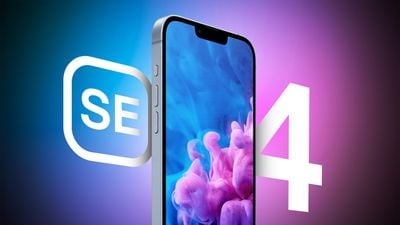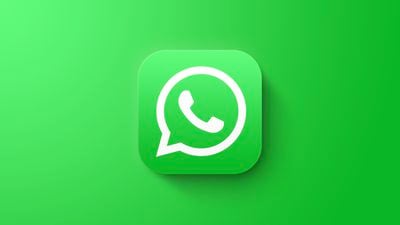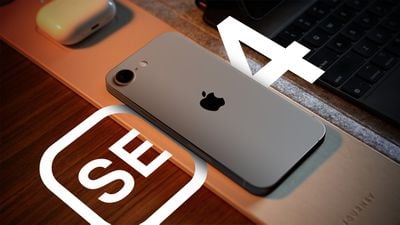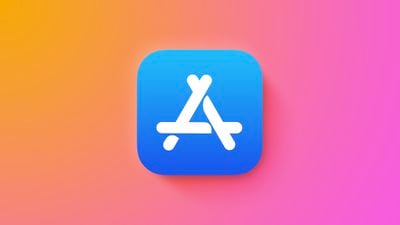Woot today introduced a new sale on earbuds and headphones, including solid discounts on a few Beats products. Every accessory in this sale is in new condition, and all of the Beats headphones come with a one year Apple/Beats manufacturer limited warranty.
 Note: MacRumors is an affiliate partner with some of these vendors. When you click a link and make a purchase, we may receive a small payment, which helps us keep the site running.
Note: MacRumors is an affiliate partner with some of these vendors. When you click a link and make a purchase, we may receive a small payment, which helps us keep the site running.
You can get the Beats Studio Buds+ for $99.99 during this event, down from $169.95. Woot also has the Beats Fit Pro on sale for $129.95, down from $199.95, and both of these deals represent all-time low prices on each accessory.
Other brands in the sale include Samsung, Skullcandy, LG, JBL, Google, Bowers and Wilkins, Sennheiser, and more. Woot says that this event will run through February 19, or until stock sells out, so be sure to check out the sale soon if you're interested.
- JBL Endurance Peak 3 - $39.95, down from $99.99
- Skullcandy Hesh ANC Over-Ear Noise Cancelling Headphones - $54.99, down from $134.99
- Beats Studio Buds+ - $99.99, down from $169.95
- Powerbeats Pro - $109.99, down from $249.99
- Beats Fit Pro - $129.95, down from $199.95
- Samsung Galaxy Buds 3 Pro - $134.99, down from $199.99
- Bowers and Wilkins Over-Ear Headphones - $189.99, down from $399.99
If you're on the hunt for more discounts, be sure to visit our Apple Deals roundup where we recap the best Apple-related bargains of the past week.
Deals Newsletter
Interested in hearing more about the best deals you can find in 2025? Sign up for our Deals Newsletter and we'll keep you updated so you don't miss the biggest deals of the season!














 Note: MacRumors is an affiliate partner with some of these vendors. When you click a link and make a purchase, we may receive a small payment, which helps us keep the site running.
Note: MacRumors is an affiliate partner with some of these vendors. When you click a link and make a purchase, we may receive a small payment, which helps us keep the site running.












